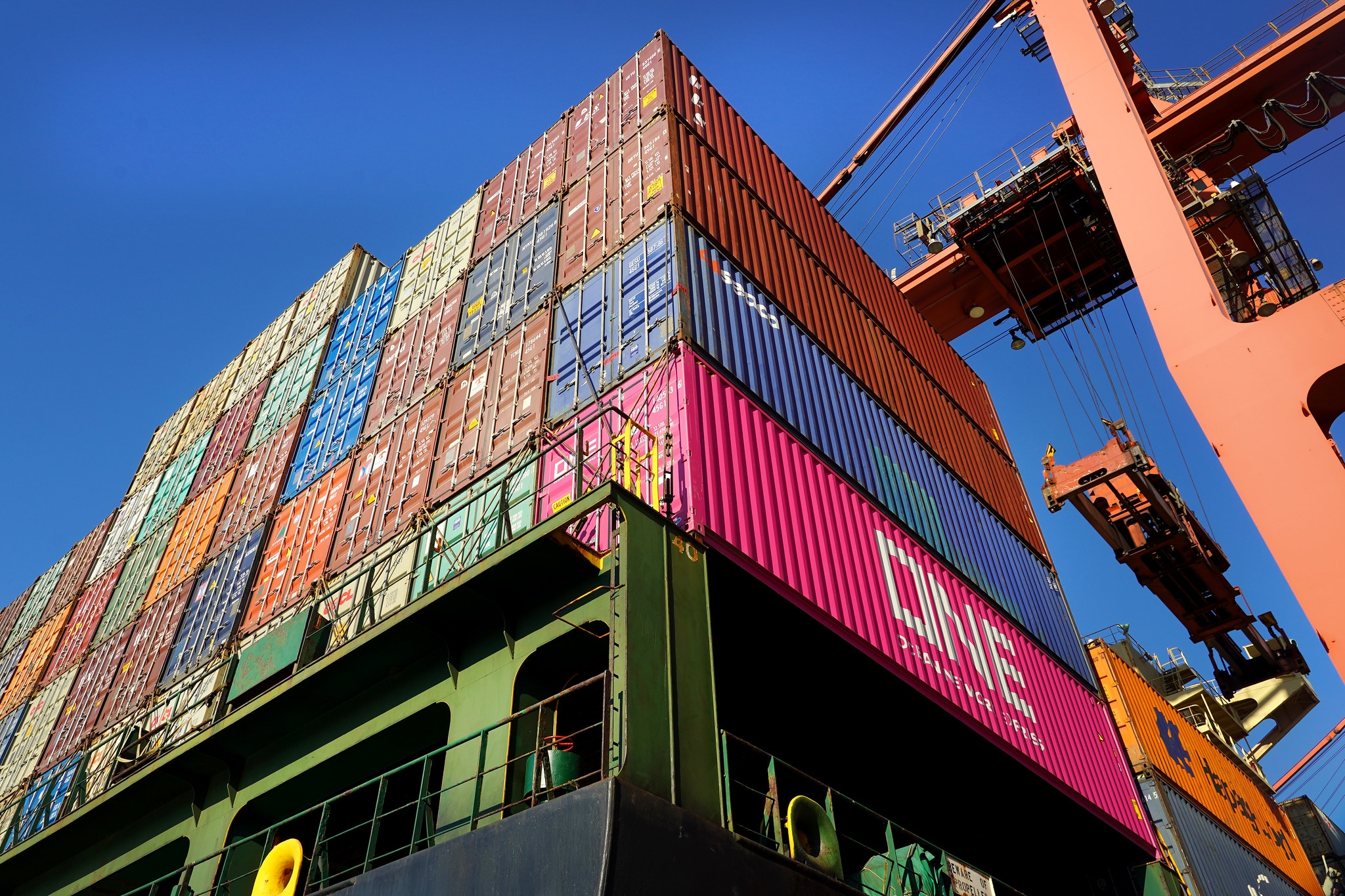
Substantial investments in building food safety capacity in developing countries are helping to facilitate more competitive and sustainable agri-food trade. But when and how do these investments – in knowledge and skills, management systems, and infrastructure – generate spillover effects on food safety in the domestic markets of developing countries?
This PPG, led by Michigan State University (MSU) with partners including FAO, WHO, World Bank Group, USDA, US FDA and USAID, COLEACP, the Joint Institute for Food Safety and Applied Nutrition and others, reviewed available information and results from trade-focused food safety capacity building projects to identify the evidence of spillovers, and recommend how to maximize these co-benefits in the future.
Read STDF's Briefing on trade spillovers to find out more about how to maximize the domestic benefits of trade-related food safety capacity building.
Read the World Bank Group’s “Safe Food Imperative” study to find out more about both domestic and trade-related challenges and opportunities for food safety in low- and middle-income countries